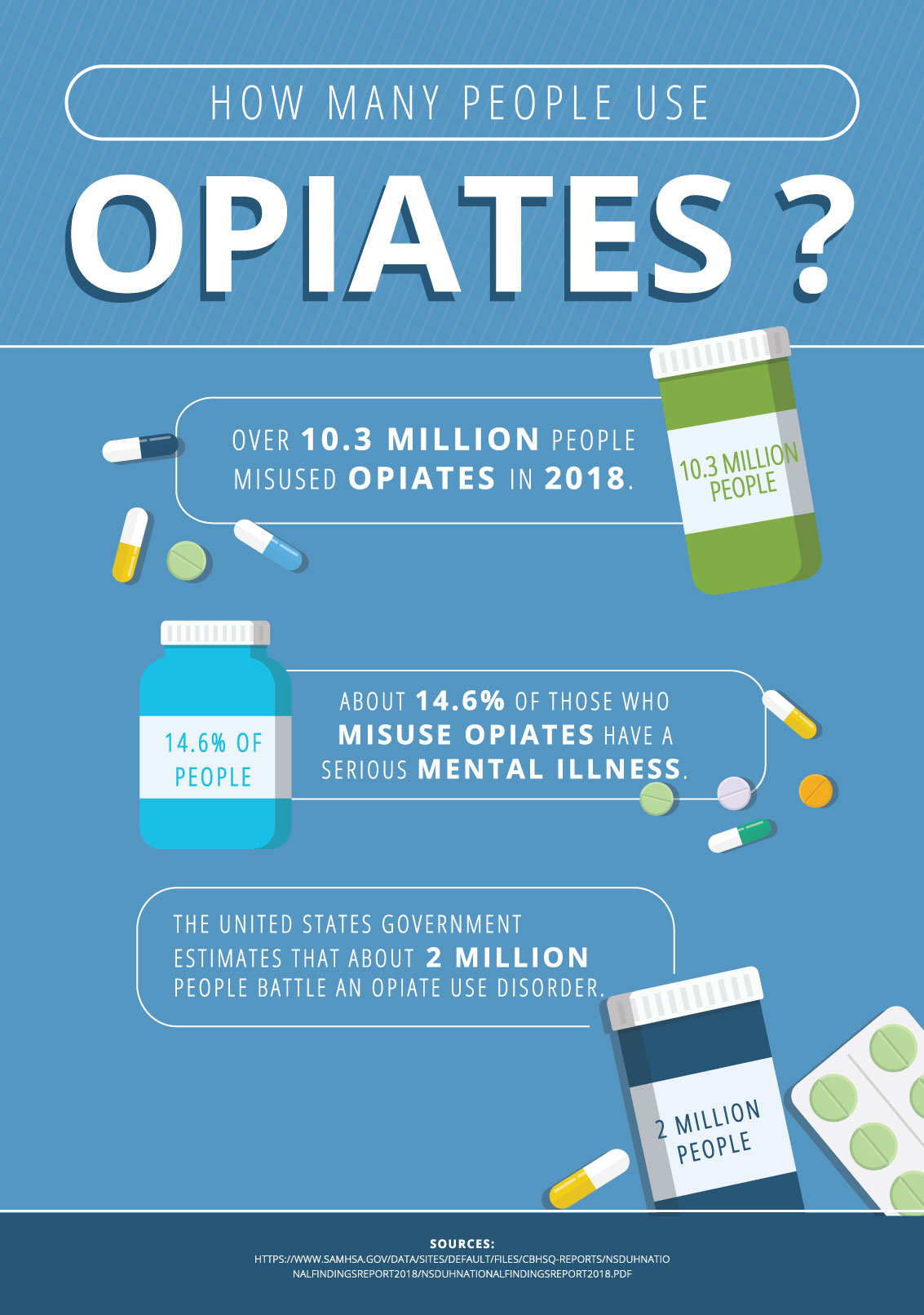Opiate Addiction Treatment
Attending drug rehab after opiate detox helps the addict build additional sober time away from their home environment. Addressing physiological and psychological issues decreases risks for relapse while allowing the addict to explore underlying problems with addiction treatment trained staff.
Lakeview Health enables you to make a seamless transition from detoxification straight into our inpatient treatment programs. Our programs are custom-tailored to your specific needs and drug addiction.
Through a variety of evidence-based therapies and modalities, you are able to learn coping mechanisms, life skills, and even pain management techniques to help you avoid relapse. Our alumni program provides ongoing support even after your treatment plan is complete.
We also understand how an opiate addiction can impact the family as a unit, not just the individual struggling with addiction. This is why we provide family therapy programs to help all members heal and recover from this harmful disease.

Treatment Options
At Lakeview Health, we provide a range of treatment options, which we can tailor to each person’s unique needs. For instance, our treatment options include: